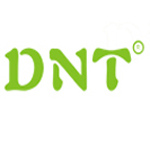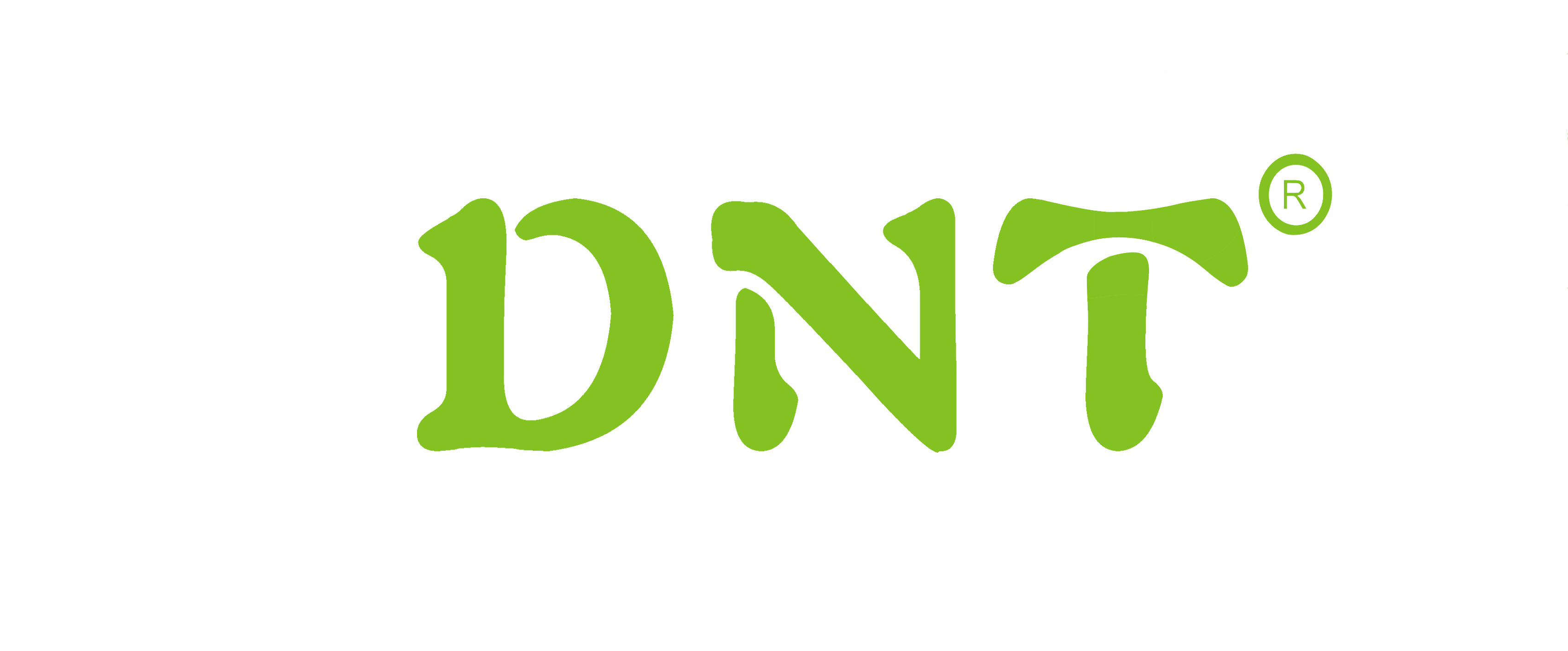VW gets final clearance for European diesel fixes
BERLIN -- Volkswagen Group said it has received all clearances from Germany's motor vehicle authority KBA to fix diesel cars fitted with manipulated emission-control software.
The number of diesel vehicles approved to date by the KBA for repair amounts to about 9 million models, a VW spokesman said.
Under EU type approval regulations, the fixes approved by the KBA are valid for manipulated diesels sold by VW and the Audi, Skoda and Seat brands throughout the 28-nation bloc.
VW Group brands affected by the decision will be telling customers that they can take their cars to authorized dealerships to have the work done, the automaker said in a statement today.
Customers will incur no costs for the implementation of the technical measures, VW said. The KBA has "confirmed that implementing the technical solutions for the affected models will not adversely affect fuel consumption, engine performance or noise emissions," the automaker said.
The fixes apply to 1.2-liter, 1.6-liter and 2.0-liter engines from the E189 diesel family that were among 11 million engines sold worldwide with software designed to cheat tests for harmful NOx emissions. The 1.2- and 2.0-liter engines will get a software upgrade that requires about 30 minutes of labor time. The 1.6-liter engine will require the installation of a piece of mesh to regulate air flow in addition to a software upgrade.
VW said German regulatory approval does not apply to cars in the United States and Canada.
On Tuesday VW agreed to a $1 billion settlement to fix or buy back 80,000 VW, Audi and Porsche vehicles in the U.S. with 3.0-liter diesel engines. The agreement followed VW's earlier settlement worth with regulators and the U.S. owners of 475,000 polluting diesel vehicles with smaller 2.0-liter engines.
VW has declined to pay compensation to European customers with rigged diesels despite heavy political pressure. VW argues that buyers have suffered no loss.
Residual values for VW diesel used cars fitted with defeat software are holding up in Europe, undermining the case from consumer groups that customers should receive compensation as the automaker has agreed to do in the U.S.








